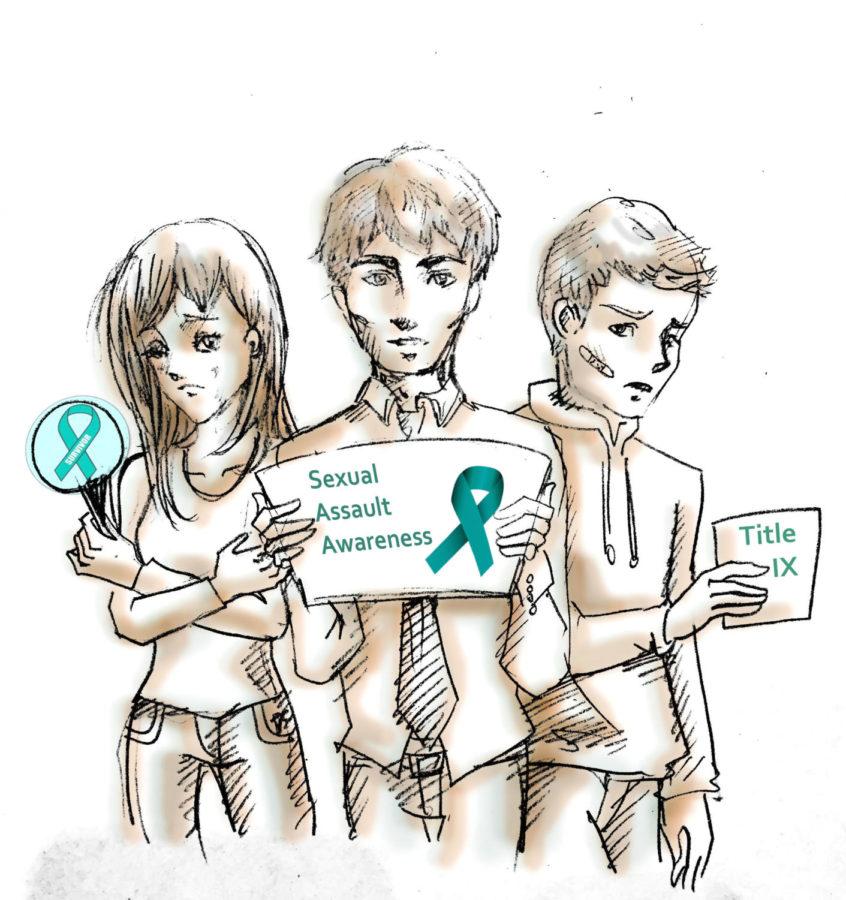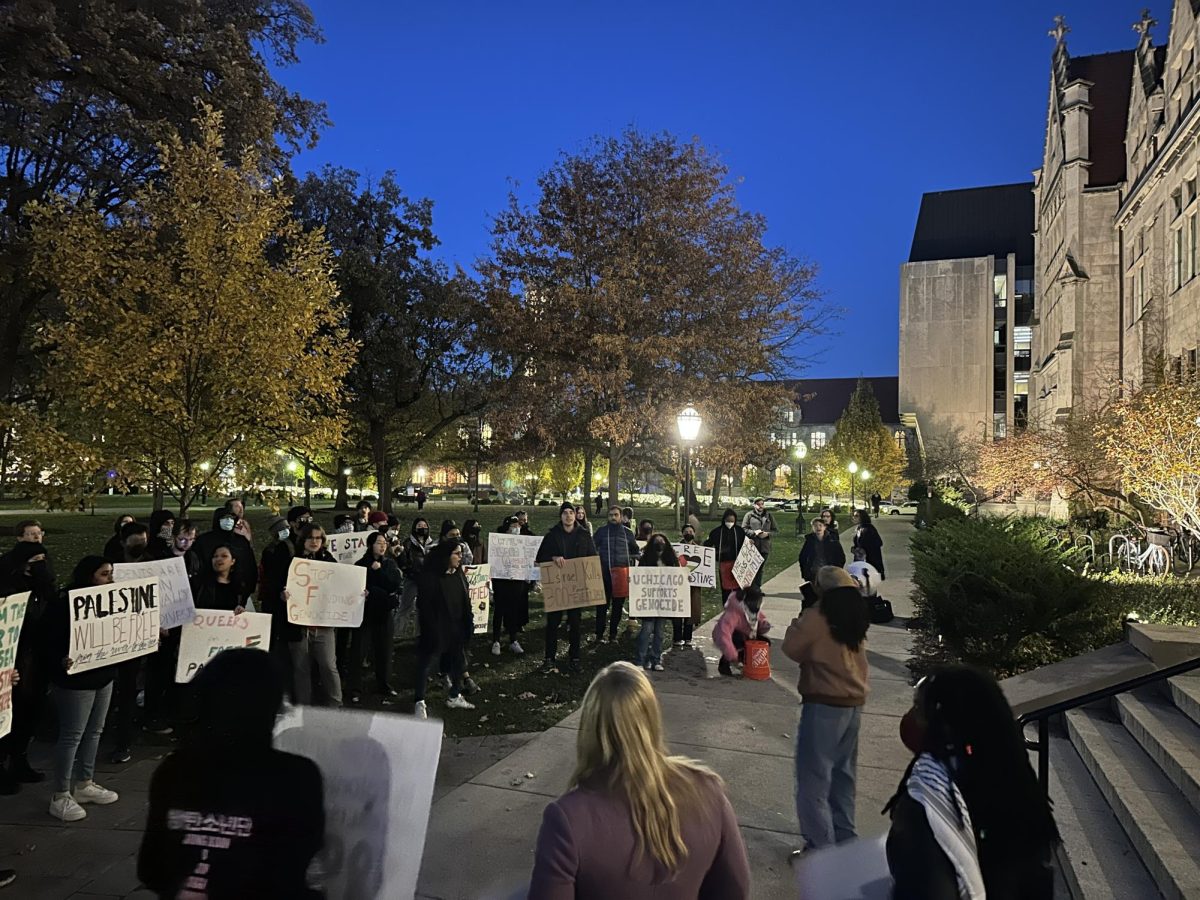The Hunting Ground, a documentary screened on campus last week, portrays heartbreaking sagas of campus sexual assault survivors and the callous responses of their colleges and universities. It aims to inspire outrage, as it should, but what it doesn’t do is tell us why we can hope that schools will improve their sexual assault prevention and response—and we can.
The emboldened survivors’ activism, which the film chronicles, combined with a confluence of other factors, is altering the financial calculus: Sexual assault survivors are costing more in settlements and legal fees than alleged assailants. That growing cost, combined with increasing public awareness, will help ensure that schools do the right thing.
The Hunting Ground notes that schools fear the financial costs of the legal backlash from alleged perpetrators, but it does not point out that this fear is misguided. In reality, schools’ financial risk when violating student victims’ rights to equal educational opportunities under Title IX (the federal statute prohibiting sex discrimination in education) is exponentially greater than when violating accused assailants’ rights to due process fairness. Schools need to fear the financial backlash of victims, not perpetrators.
Student Affairs Administrators in Higher Education Vice President Nancy Chi Cantalupo, who participated in an Institute of Politics panel on campus last quarter, found more than 50 victim cases alleging Title IX violations that were decided unfavorably toward schools and therefore were likely to cost them money. Her research showed that the top two publicly disclosed settlements in litigated Title IX cases cost the schools $2.8 million and $850,000.
Accused students, in contrast, are more likely to file lawsuits, but they are less likely to win, and even less likely to win big. Cantalupo found only three cases where the court decided that the school’s disciplinary procedures in a sexual violence case violated due process for the accused assailants. In only one of those cases was the student awarded any money: $26,500.
While courts have long held that the emotional and physical damage to victims is greater than to alleged perpetrators, that truth has only recently become a reality for schools’ financial risk assessments (which include the costs of claims that do not make it to court). United Educators (U.E.), which offers liability insurance to schools, evaluated the total costs of three types of sexual assault claims: demand letters, lawsuits filed in civil court, and, more recently, Title IX complaints to the U.S. Department of Education Office of Civil Rights (OCR), which are different from lawsuits alleging Title IX violations.
In U.E.’s study of claims filed in 2011 through 2013, litigation brought by victims accounted for 84 percent, or $14.3 million, of the total losses, which included legal fees. The fact that victims take up the lion’s share of the liability is an about turn from U.E.’s previous five-year study, which showed the opposite. Accused students brought 54 percent of the claims and comprised 72 percent of the financial losses.
Title IX complaints to OCR, like those chronicled in The Hunting Ground, account for the dramatic shift. The Obama administration’s 2011 “Dear Colleague Letter” reminded schools that the dictates of Title IX extended beyond equality in sports: A sexually hostile environment cannot provide equal educational opportunities. The Hunting Ground shows how students became aware of their Title IX rights and started holding their schools to their legal obligations.
Schools are now facing more Title IX complaints than alleged perpetrator and victim lawsuits combined, and it is those Title IX complaints that account for the greater cost of victims’ cases in the second U.E. study. The courts also have consistently shown that violating Title IX is more damaging than violating due process rights. When schools understand how courts will rule, their overall risk assessments may reflect that fact, too.
Fiscal realities can make doing the right thing a lot easier. The financial calculus is tipping in victims’ favor, and that provides hope that schools will work harder to prevent sexual assault in the first place and treat victims with sensitivity when assaults do occur. The University of Chicago, currently under OCR investigation for noncompliance with Title IX, could be facing significant financial liabilities. UChicago students can hope that the University will work harder to provide a safe and equitable educational environment. It’s the right thing to do, but the fact that it also makes financial sense may help ensure that safety and justice actually occur.
Michele Beaulieux is a College alumna (A.B. ’82).










